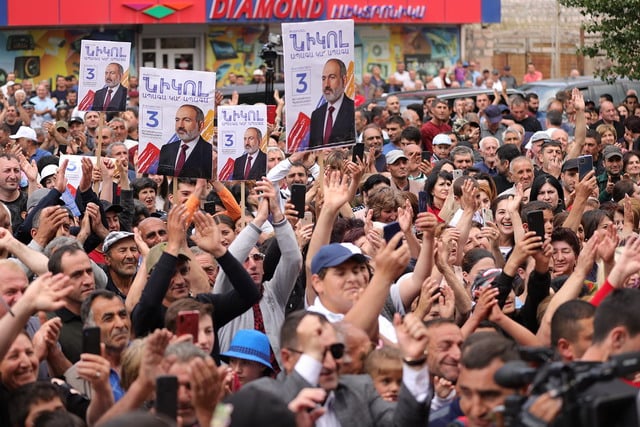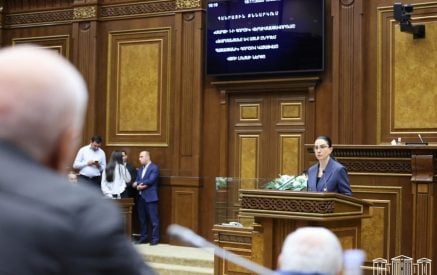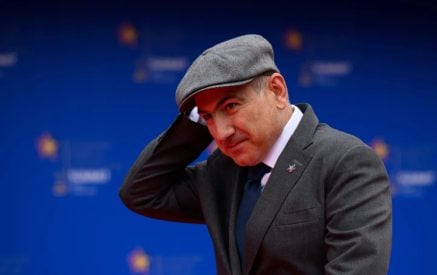“I love and respect Pashinyan very much,” someone I know confessed to me yesterday. “Great,” I responded. “Why do you love and respect him that much?” They thought for a second, and then said, “Because I can’t stand the others.” Of course, I do not have the ability to conduct a sociological survey and obtain clear data as far as what percentage of Armenians feel that way, but after many conversations and indirect signs, I tend to think that this is the main force behind Pashinyan’s electorate’s position (and, therefore, the majority of those who participated in the election).
Such indirect signs also include how they record the persecutions that the government has undertaken against the mayors and village heads of Syunik, including the elected deputies, on Facebook. “They are thieves,” “they are criminals,” “they beat and killed people during their rule.” Thus, the complaint of the opposition deputies, which we saw on the first working day of the 8th convocation of the National Assembly, regardless of whether it is legally right or wrong, will not have any consequences from a political point of view. The majority of voters gave a mandate for those persecutions, for that “people’s revenge.” The legal nuances do not concern that electorate.
But the whole problem is that I also communicate with the minority electorate, and what they say is almost the same: they love and respect Kocharyan mainly because they can not stand Pashinyan. In other words, we are dealing with a mirror image here. If Kocharyan’s voters were in the majority, they would welcome the persecution of Civil Contract members with the same enthusiasm. (Let me assume that the persecution would be more brutal).
The conclusion is quite primitive. The forces that entered parliament work, speak, and campaign for their electorate, which have approximately the same orientations, the same legal consciousness, and the same level of intellect. (Who else should they work for?)
Read also
Thinkers see shades and do not divide the world into “black and white.” Thinkers are moderate, against extremism, and are not the target of these political forces.
The crucial question, of course, is how many thinkers there are in Armenia. It is again a matter of sociological research. But again, on a purely journalistic level, I can say that there are a lot of thinkers. It’s just that many of them are silent for various reasons and do not even go to the polls. I think they are wrong.
Aram Abrahamyan





















































